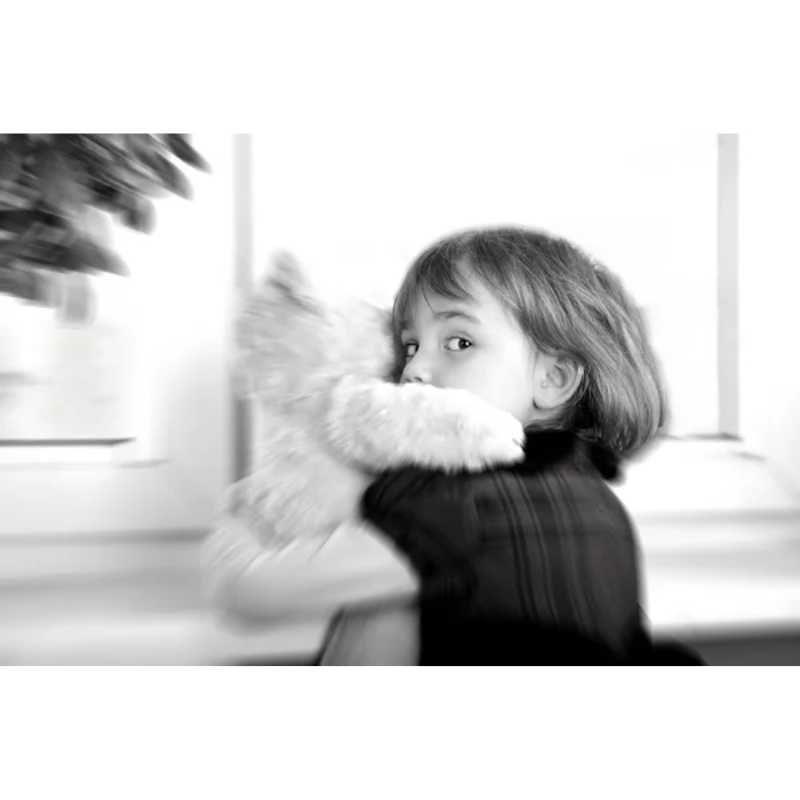How Does Childhood Trauma Affect Adulthood? Understanding the Impact
- williamwilliam8263
- Aug 25
- 3 min read
Childhood is a critical period that shapes the foundation of our emotional, social, and cognitive development. Unfortunately, some children experience trauma—whether it’s abuse, neglect, loss, or exposure to violence—which can have long-lasting effects that extend into adulthood.
Understanding how childhood trauma affects adulthood is essential for healing, personal growth, and building resilience.

What Is Childhood Trauma?
Childhood trauma refers to experiences that overwhelm a child’s ability to cope, creating lasting emotional and psychological effects. Common types of childhood trauma include:
Physical abuse – hitting, shaking, or other forms of bodily harm
Emotional abuse – verbal attacks, humiliation, or constant criticism
Sexual abuse – inappropriate sexual contact or exploitation
Neglect – lack of care, affection, or basic needs
Household dysfunction – parental substance abuse, domestic violence, or mental illness
Loss or separation – death of a parent, caregiver, or significant other
Not every child who experiences adversity will develop long-term issues, but repeated or severe trauma significantly increases the risk of challenges in adulthood.
Psychological Effects in Adulthood
Childhood trauma can influence adult mental health in multiple ways:
1. Anxiety and Depression
Adults who experienced early trauma often develop heightened anxiety or depression. They may struggle with persistent worry, panic attacks, or feelings of hopelessness.
2. Post-Traumatic Stress Disorder (PTSD)
Some individuals may develop PTSD, experiencing flashbacks, nightmares, hypervigilance, and emotional numbness triggered by memories of trauma.
3. Difficulty with Emotional Regulation
Childhood trauma can interfere with the ability to manage emotions effectively, leading to outbursts, irritability, or chronic emotional distress.
4. Low Self-Esteem and Self-Worth
Trauma can cause adults to feel undeserving of love, success, or happiness, affecting their personal and professional life.
Physical Health Consequences
Trauma doesn’t only affect mental health; it also impacts the body. Research shows that early trauma can lead to:
Chronic stress and increased cortisol levels
Heart disease, diabetes, and obesity
Gastrointestinal problems
Sleep disturbances and fatigue
Weakened immune system
The body and mind are closely connected, and unresolved trauma can manifest physically over time.
Effects on Relationships
Childhood trauma often affects how adults relate to others:
Attachment issues – Difficulty trusting others or forming close bonds
Fear of intimacy – Struggles with romantic or emotional closeness
Conflict in relationships – Sensitivity to criticism, overreacting, or withdrawing
Parenting challenges – Trauma survivors may find it hard to establish secure attachments with their own children
Understanding these patterns can help adults break the cycle and develop healthier connections.
Impact on Career and Daily Life
Trauma can also influence work, education, and daily functioning:
Difficulty concentrating or staying organized
Lower academic or professional achievement due to emotional struggles
Challenges with authority or workplace relationships
Risky behaviors, substance use, or avoidance of responsibilities
Recognizing these impacts allows adults to develop coping strategies and seek supportive resources.
How Trauma Affects the Brain
Childhood trauma can physically alter brain development, particularly in areas responsible for:
Emotional regulation (amygdala)
Memory and learning (hippocampus)
Decision-making and self-control (prefrontal cortex)
These neurological changes can explain why trauma survivors often struggle with emotional regulation, impulsivity, and stress responses.
Signs That Childhood Trauma Is Affecting Your Adulthood
Some common signs include:
Persistent anxiety, depression, or anger
Difficulty forming or maintaining relationships
Avoidance of situations or reminders of the past
Self-sabotage or destructive behaviors
Chronic physical health issues without clear cause
Feelings of emptiness, shame, or guilt
Awareness of these signs is the first step toward healing.
Coping Strategies and Healing
Healing from childhood trauma is possible at any age. Some strategies include:
1. Therapy
Cognitive Behavioral Therapy (CBT) – Helps reframe negative thoughts
Eye Movement Desensitization and Reprocessing (EMDR) – Targets trauma memories
Trauma-Informed Therapy – Focuses on safety, empowerment, and understanding trauma
2. Mindfulness and Meditation
Mindfulness practices can reduce stress, improve emotional regulation, and enhance self-awareness.
3. Support Networks
Connecting with understanding friends, family, or support groups provides validation and reduces isolation.
4. Self-Care
Regular exercise, proper nutrition, adequate sleep, and hobbies can promote resilience.
5. Setting Boundaries
Learning to say no and protect personal space is crucial for healing and maintaining healthy relationships.
Breaking the Cycle
Many adults who experienced childhood trauma worry about repeating patterns with their children or in relationships. Healing allows individuals to:
Build secure attachments
Develop healthy communication skills
Foster emotional regulation and resilience
Model positive coping strategies for the next generation
Breaking the cycle of trauma is empowering and can create lasting generational change.


Comments